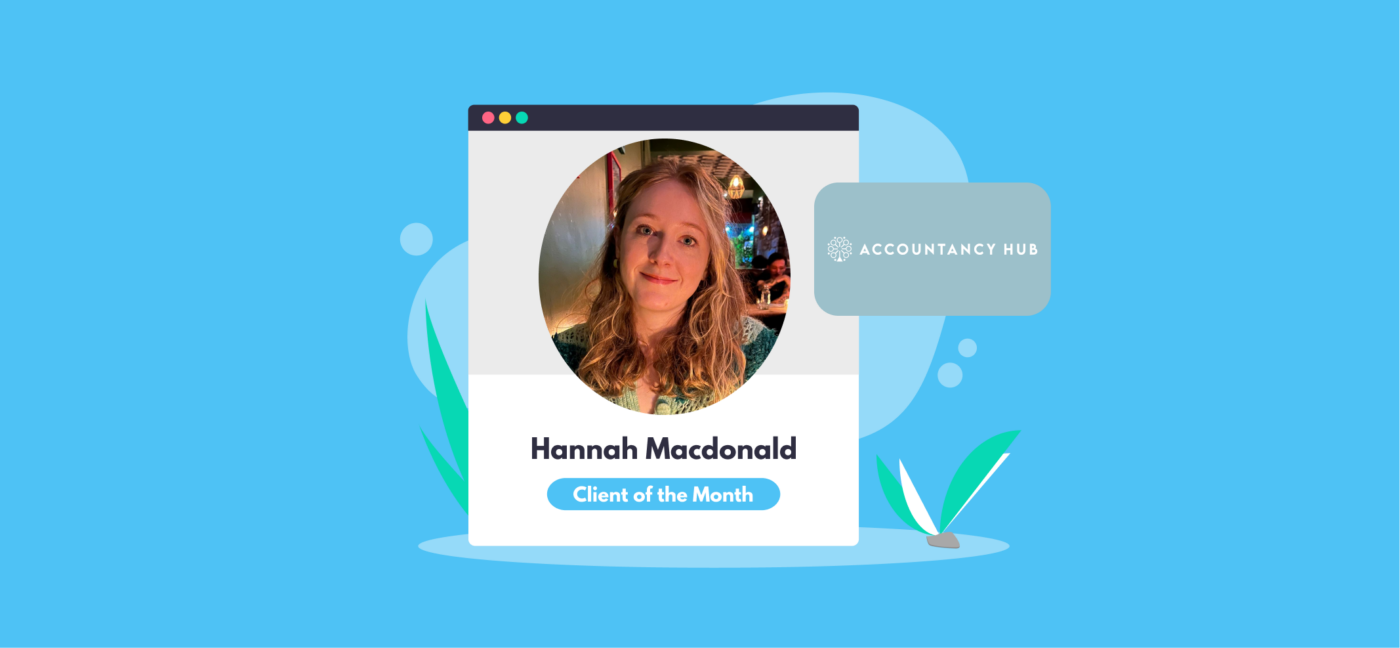

Paying VAT When You Export to the EU as a UK Business
If you sell goods and services produced in the UK to customers in the EU then you may be affected by special rules around the treatment of VAT. In this guide we’ll go over what you need to know if your business exports from the UK to the EU.
Am I an exporter?
Goods moving across the UK border are classed as imports or exports (depending on which direction they go in!), so you’ll normally be considered an exporter if you provide goods or services to another country outside of the UK.
As a businesses you’ll need a UK Economic Operator’s Registration and Identification (EORI) number to export goods. An EORI number is used to identify businesses which have permission to move goods out of the UK.
Do I need to charge VAT on goods I export from the UK to the EU?
VAT is charged based on the ‘place of supply’, so if you’re sending goods and services across the border, you can’t charge UK VAT on them. This means UK VAT registered businesses should ‘zero-rate’ the UK VAT on exports they make from the UK to the EU.
Why is the UK VAT on exports zero-rated?
UK VAT is only charged on products or services which are for use in the UK. If the goods aren’t for use in the UK, then UK VAT doesn’t apply.
The goods are still taxable, but the UK VAT is zero-rated, which means the rate of UK VAT charged is 0%. You’ll still need to account for zero-rated VAT on exports in your VAT return.
The key point here is UK VAT. Only the UK VAT is zero-rated on exports. The buyer will still need to pay VAT in the country that the goods are used in.
The process for this depends on whether the buyer is a business or a private consumer.
Exporting from the UK to EU businesses
If the buyer is a business, you’ll need to make sure that they are able to act as an importer for the goods. This includes asking for their EU EORI number.
You won’t have to charge them VAT, but the customs invoice must show the value of the goods so they can pay import VAT at their country’s border.
VAT when exporting from the UK to EU consumers
The process for VAT is different depending on whereabouts in the UK your business is based, because there are special rules in place for Northern Ireland.
If your business is in Northern Ireland
Northern Ireland has a special arrangement with the EU which enables businesses there to continue selling to EU consumers under distance selling rules.
What are the distance selling rules?
Distance selling means you are quite literally selling at a distance (such as online or through a catalogue), rather than selling in-person, such as in a shop.
The EU has processes which help distance sellers deal with VAT when they sell directly to consumers in other EU countries. These rules allow them to charge VAT at the other country’s rate, without registering for VAT there.
Instead, the seller reports the VAT when they submit a VAT return in their own country. That is, until they hit the distance selling threshold, at which point the seller must register for VAT in that country.
The €10,000 distance selling threshold applies to the total amount of cross-border sales that the business makes. For example, a business in Italy could reach the threshold by making €5,000 of sales to France, and €5,000 of sales to Germany.
Businesses in Northern Ireland can either register for VAT in each EU country they sell to, or opt in to the EU’s One Stop Shop (OSS) to report the VAT on distance sales.
You can register for the One Stop Shop (OSS) alongside your normal VAT return, but you’ll need to submit an OSS return detailing all your distance sales to EU consumers, as well as sending your regular VAT return. When you pay your VAT bill, any taxes owed to other countries will be sent on as appropriate.
You’ll be able to do this until the total amount of distance sales reaches the €10,000 threshold, at which point you’ll need to register for VAT in the country you’re selling to.
If your business is in Great Britain (England, Wales, Scotland)
You won’t be able to report the VAT on EU distance-sales through your UK VAT return to HMRC, even if your sales are less than the distance selling threshold. If you’re a GB-based business which sells to EU customers then you have two choices; move stock to the EU, or register for VAT in the country you sell to.
Move some of your stock to somewhere in the EU
You’ll need to register for VAT in the country where you hold the stock. In doing so, you’ll be able to sell to your EU customers under distance-selling rules from there.
Register for VAT in each of the EU countries that you sell to
And yes, we know, ouch.
If you decide to register for VAT in an EU country, be aware that some countries require you to appoint a special VAT representative. This agent or representative will be directly liable for any unpaid VAT, so they usually ask for some sort of bank guarantee in exchange.
Learn more about our online accounting services. Call 020 3355 4047 to talk to one of the team, or get an instant online quote.
Want to learn more?
Subscribe to our newsletter to get accounting tips like this right to your inbox

Read more posts...

February 2026 Client of the Month: Accountancy Hub
27th February 2026This month we spoke to Hannah, founder of Accountancy Hub. Accountancy Hub | Instagram Hey Hannah! Tell us about your business…
Read More
Paying Yourself a Salary from Your Limited Company
26th February 2026Being a director means you’re legally separate from your limited company even if you’re also the owner, so you’ll need to decide…
Read More
How Do Footballers Pay Tax?
24th February 2026We all know top-flight footballers do alright. But how does tax work for professional footballers? Is it treated as self-employed income, or…
Read MoreConfirm Transactions
The number of monthly transactions you have entered based on your turnover seem high. A transaction is one bookkeeping entry such as a sale, purchase, payment or receipt. Are you sure this is correct?
Please contact our sales team if you’re unsure
VAT Returns
It is unlikely you will need this service, unless you are voluntarily registered for VAT.
Are you sure this is correct?
Call us on 020 3355 4047 if you’re not sure.
MTD IT Quarterly Updates
Your final, end of year MTD Income Tax submission is included in your fee, without this add-on service.
We would recommend you submit the quarterly updates yourself using Pandle or alternative bookkeeping software.
However, if you would prefer us to submit these quarterly updates for you, there is an additional fee of £35.00 per month.
Call us on 020 3355 4047 if you’re not sure.
Bookkeeping
You will receive our bookkeeping software Pandle for free, as part of your package.
You can use this to complete your own bookkeeping, or we can provide a quote to complete your bookkeeping for you.
Please select and option below:
Call us on 020 3355 4047 if you’re not sure.

